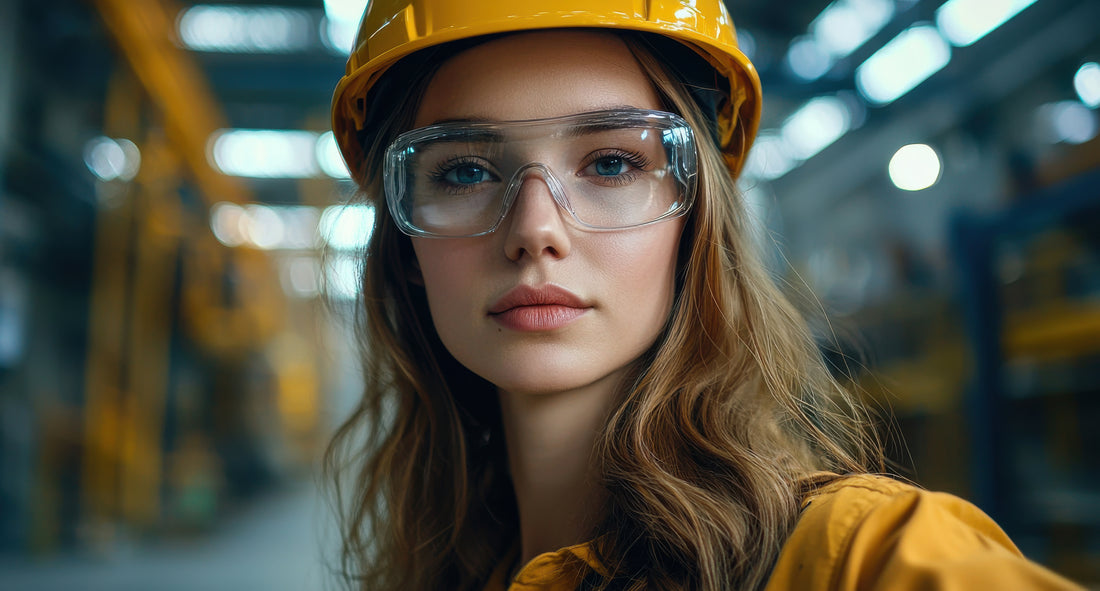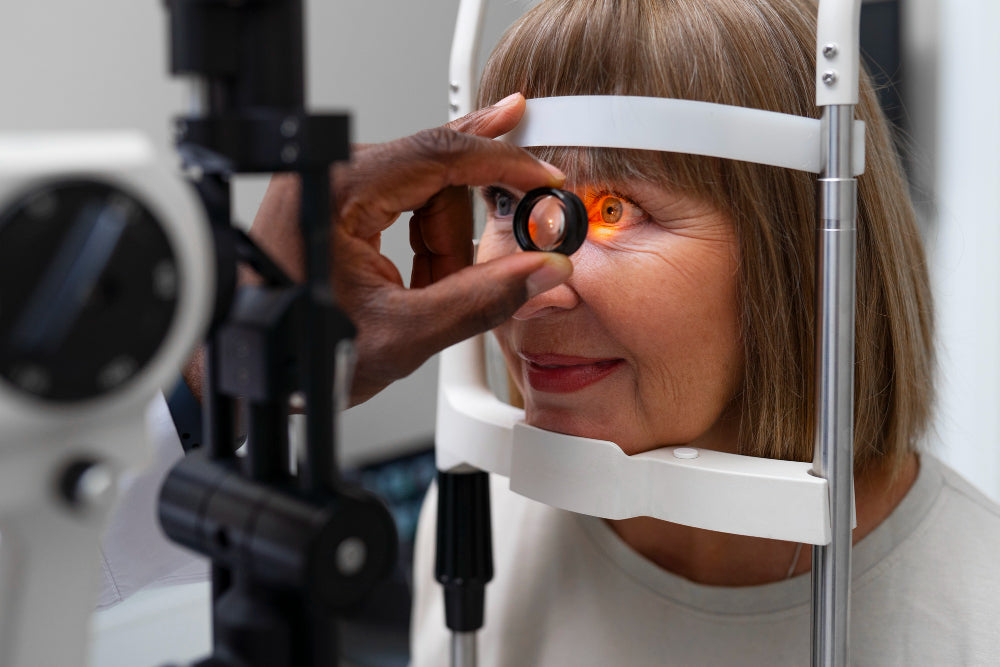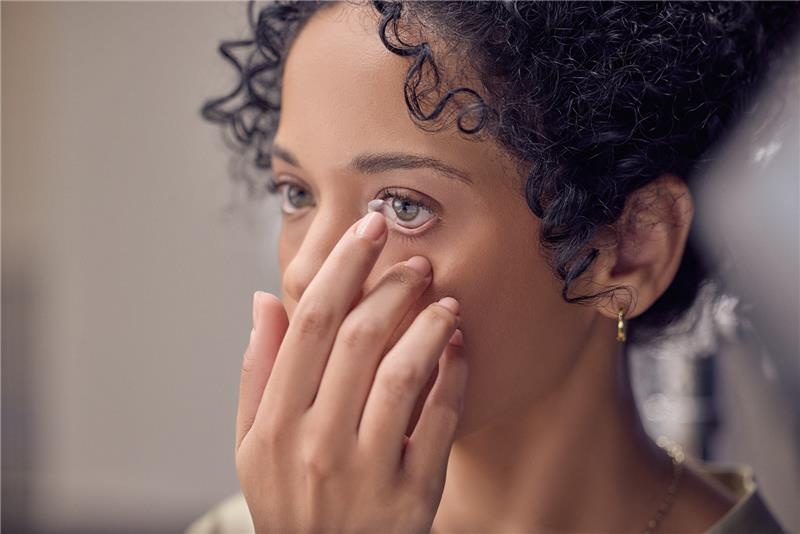We all know our eyes are fragile. They're like precious jewels, easily damaged. We protect our bodies with helmets, gloves, and sturdy shoes, but our eyes often go unnoticed.
Yet, our vision is a vital part of our lives. Whether working on a bustling construction site, handling chemicals, or fixing something around the house, safety glasses are your eyes' best friend.
Understanding the importance of safety glasses can help avoid adversities later. Let's explore why safety glasses are so important and when you should wear them.
Why Are Safety Glasses Important?
Think of safety glasses as a shield for your eyes. Eye injuries are prevalent, with many cases occurring daily that could have been avoided by using safety glasses. Safety glasses are used for many reasons, including the following:
Eye Protection
These injuries can be in the form of minor irritations, severe damage, or even blindness. Safety glasses safeguard one of our most vital senses by protecting against flying debris, chemical splashes, and hazardous dust particles.
Preventing Costly Injuries
Research indicates that nearly 90% of workplace eye injuries are preventable. Safety glasses are engineered to absorb impact, resist harsh chemicals, and shield against harmful ultraviolet (UV) and infrared rays as well as collimated light emitted from lasers. The cost of these glasses is negligible compared to potential medical expenses and long-term consequences stemming from eye injuries.
Long-term Eye Health
Repeated exposure to hazardous environments without proper eye protection can lead to chronic issues. Investing in safety glasses is essential for maintaining long-term vision health, as they protect against harmful elements, even LED lights, that could gradually impair eyesight over time.
When Should Safety Glasses Be Worn?

Here are the scenarios when you should consider wearing safety glasses:
In High-Risk Work Environments
Jobs involving flying debris, chemical exposure, or UV radiation necessitate using safety glasses. Professions such as construction, electrical work, and welding require constant eye protection due to the inherent risks present in these fields.
To Remain Compliant With Safety Guidelines
The Occupational Safety and Health Administration (OSHA) requires that safety glasses be worn when eye hazards exist. Many workplaces enforce strict safety protocols requiring eye protection at all times, emphasizing the need for caution even in seemingly low-risk environments.
Home Projects and DIY Tasks
Safety glasses are not just for professionals but are critical during home improvement activities. Tasks like sanding, lawn mowing, or using power tools can expose individuals to flying dust and debris that pose a significant risk to eye safety.
What Makes Safety Glasses Safe?

Key factors that make safety glasses a great option for protecting eyes include:
Material Durability
Safety glasses are constructed from impact-resistant materials like polycarbonate, which is significantly stronger than regular plastic or glass lenses. This durability ensures they can withstand high-impact collisions which are common in some work environments.
Design Features
Modern safety glasses incorporate comfort-oriented features such as anti-fog treatments and adjustable frames. Many designs are lightweight and comfortable enough for all-day wear, making it easier for users to prioritize eye protection.
Certifications and Standards
When selecting safety glasses, look for the ANSI Z87.1 certification mark. This indicates that the eyewear meets rigorous safety standards for impact resistance and effectiveness in protecting the eyes.
Note: Lack of eye protection can cause potential strain and pressure issues.
Key Takeaway

Wearing safety glasses is essential in various contexts—at work, during home projects, or while engaging in outdoor activities. Protecting your eyes should be a top priority; your vision is invaluable. Safety glasses offer a simple yet effective means of ensuring long-term eye health.
Next time you prepare for a task requiring protective gear, remember your safety glasses are just as important as your gloves or hard hat. Wearing them is a routine practice to safeguard your vision every day.
By knowing the importance of safety glasses and when to wear them, you'll take a critical step toward protecting your vision daily.
FAQs
You risk severe eye injuries such as scratches or chemical burns that could lead to permanent vision loss.
No, regular eyeglasses lack the impact resistance necessary for effective protection against hazards.
Check for the ANSI Z87.1 certification mark on the frame. This mark indicates that the glasses have been tested and meet specific safety standards.
Replace them if they become scratched or damaged; regular inspections ensure ongoing protection.
Yes, prescription safety glasses and goggles designed to fit over regular eyewear are viable options.





